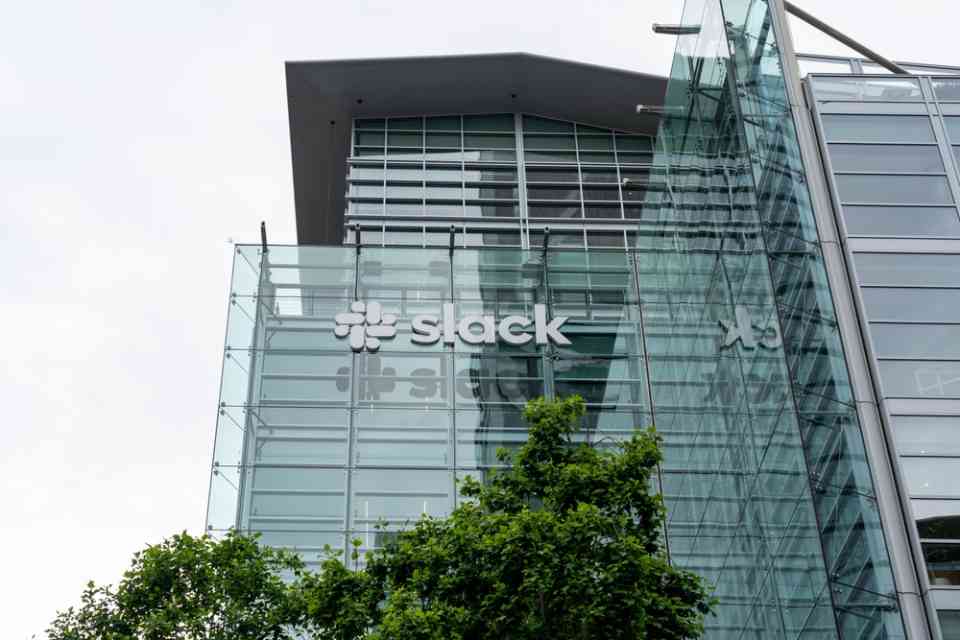Executives and Employees Clash Over Technology’s Role in the Workplace, According to New Survey

A recent global survey conducted by Slack reveals a stark divide between executives and employees regarding the significance of artificial intelligence in the workplace. The study, which polled 17,372 desk workers across 15 countries—including Australia, Brazil, Canada, France, Germany, India, Italy, Japan, and the US—was conducted between August 2-30, 2024.
While nearly all surveyed executives (99%) expressed plans to invest in AI, and 97% acknowledged a sense of urgency to adopt the technology, enthusiasm among the actual users of AI tools has noticeably cooled. In the United States, the percentage of workers excited about AI’s potential to assist with their tasks dropped from 45% to 36% over the last three months. Similar declines in interest were recorded in other countries, such as France, where enthusiasm fell from 53% to 41%, as well as in Japan and the UK.
Christina Janzer, head of Slack’s Workforce Lab, noted that these findings should serve as a wakeup call for leaders, given the current surge in AI investments across businesses. It’s worth noting that Slack itself has a vested interest in increasing employee engagement with AI, having integrated AI functionalities into its platform. Other tech companies, such as Anthropic, are also betting on the integration of AI in workplaces, hoping to see more widespread acceptance.
The survey did report a slight uptick in AI usage among American respondents, increasing from 32% in March to 33% in August 2024—a significant rise from last year, though the growth rate appears to be slowing. Some industry experts suggest that AI may have reached the “trough of disillusionment,” a phase in the Gartner hype cycle where initial excitement wanes before the technology eventually matures into a more practical and stable tool.
Interestingly, most employees (76%) echoed executives’ urgency about AI, expressing a desire to “become an AI expert” due to industry trends and personal aspirations. There is also a perception that younger employees, especially recent graduates, possess more AI-related skills than their peers. Workers believe AI has the potential to streamline administrative duties (87%), assist with core tasks (80%), and aid in creative or innovative projects (81%). However, many are concerned that AI could actually increase their workload, with leadership potentially expecting higher productivity at a faster pace.
The topic of AI has also become somewhat sensitive, with nearly half (48%) of respondents indicating discomfort at the idea of admitting to their managers that they used AI. There is a widespread perception that relying on AI could be viewed negatively—47% of respondents felt it would be seen as cheating, while 46% worried it might make them appear less competent or lazy.
As companies continue to navigate this technological shift, the gap between executive expectations and employee experiences suggests that clear communication, training, and a balanced approach to AI integration will be crucial for future success.
Have you read?
Countries: Women in the workforce.
Countries: Personal space.
World’s Most (And Least) Religious Countries.
Best Countries to Invest In Travel, Tourism, and Hospitality.
Most Forested Countries In The World.
Bring the best of the CEOWORLD magazine's global journalism to audiences in the United States and around the world. - Add CEOWORLD magazine to your Google News feed.
Follow CEOWORLD magazine headlines on: Google News, LinkedIn, Twitter, and Facebook.
Copyright 2025 The CEOWORLD magazine. All rights reserved. This material (and any extract from it) must not be copied, redistributed or placed on any website, without CEOWORLD magazine' prior written consent. For media queries, please contact: info@ceoworld.biz








